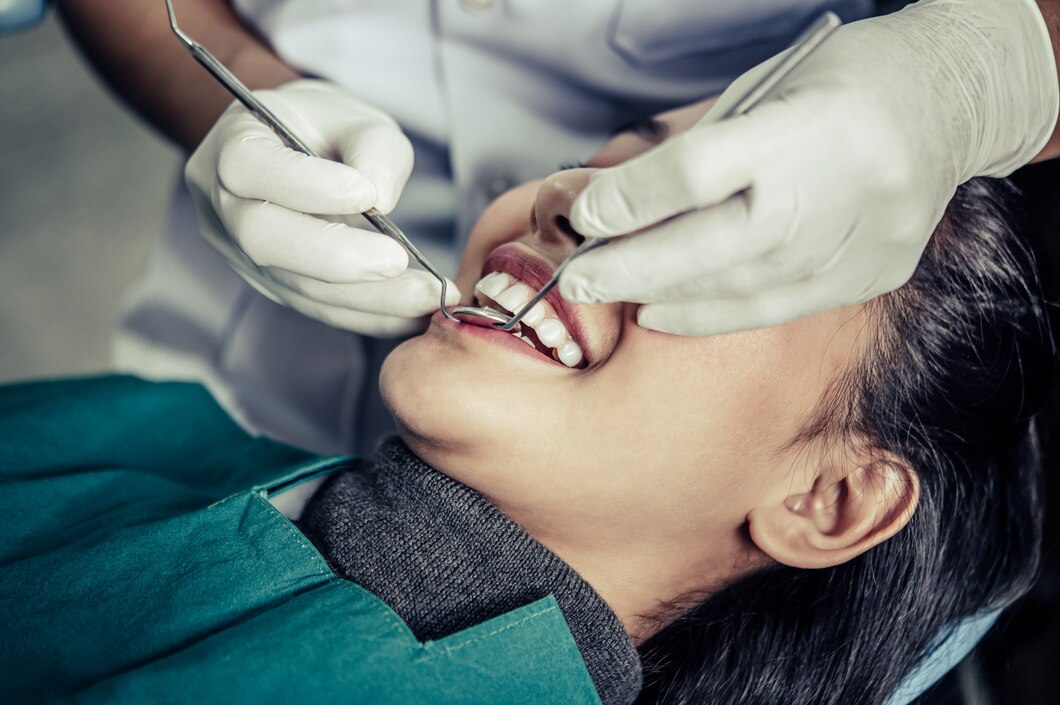The surgical removal of wisdom teeth is commonly performed to address issues such as infection, pain, or pressure on other teeth caused by their growth. While this procedure is routine, there is still a risk of post-operative infection. Therefore, it is essential for patients to understand the necessary preventive measures to ensure proper recovery and avoid complications. Here are some effective ways to prevent infection after wisdom tooth surgery:
1. Follow Your Dentist’s Instructions
After the procedure, your dentist will provide specific post-operative care instructions. It is crucial to follow all these guidelines, including how to care for the surgical area, how to take prescribed pain relievers or antibiotics, and how to maintain oral hygiene. Ignoring these instructions can increase the risk of infection.
2. Maintain Good Oral Hygiene
Proper oral hygiene is essential for preventing infection. Even though the surgical site may be sensitive, it is important to keep your mouth clean. Brush your teeth gently, avoid touching the surgical area, and use an antiseptic mouthwash as recommended by your dentist to minimize bacterial growth.
3. Avoid Strenuous Physical Activity
After wisdom tooth surgery, it is important to avoid strenuous physical activities for a few days. Activities that elevate blood pressure or increase blood flow density can raise the risk of bleeding and infection. Get enough rest and avoid activities that could worsen the surgical site’s condition.
4. Choose the Right Foods
Opt for soft and easy-to-swallow foods after wisdom tooth surgery. Avoid hard, hot, or spicy foods that can irritate the surgical area. Soft foods such as yogurt, purées, or cold soups can help maintain proper nutrition without disrupting the healing process.
5. Manage Pain and Swelling
Proper pain and swelling management can help speed up the healing process. Applying a cold compress to the outer cheek area can reduce swelling. If your dentist prescribes pain relievers or antibiotics, be sure to take them according to the prescribed dosage and schedule.
6. Watch for Signs of Infection
It is important to monitor the surgical site for any signs of infection, such as excessive redness, abnormal swelling, severe pain, or pus discharge. If you experience these symptoms, contact your dentist immediately for proper treatment. Early detection is crucial to prevent further complications.
7. Schedule a Post-Operative Checkup
Do not miss your scheduled follow-up appointments with your dentist. During these visits, the dentist will evaluate the healing process and ensure that no infection is developing. If any issues arise, the dentist can provide immediate treatment.
***
Preventing infection after wisdom tooth surgery is a crucial step in maintaining oral health and ensuring a smooth recovery. By following your dentist’s instructions, maintaining oral hygiene, avoiding strenuous activities, choosing the right foods, and monitoring for signs of infection, patients can significantly reduce the risk of complications. This effort also supports the Sustainable Development Goals (SDGs), particularly Goal 3: Good Health and Well-being, Goal 4: Quality Education, and Goal 10: Reduced Inequalities. Remember, good communication with your healthcare team, along with consistent and attentive care, will help ensure optimal oral health after surgery.
Author: Rizky B. Hendrawan | Photo: Freepik

